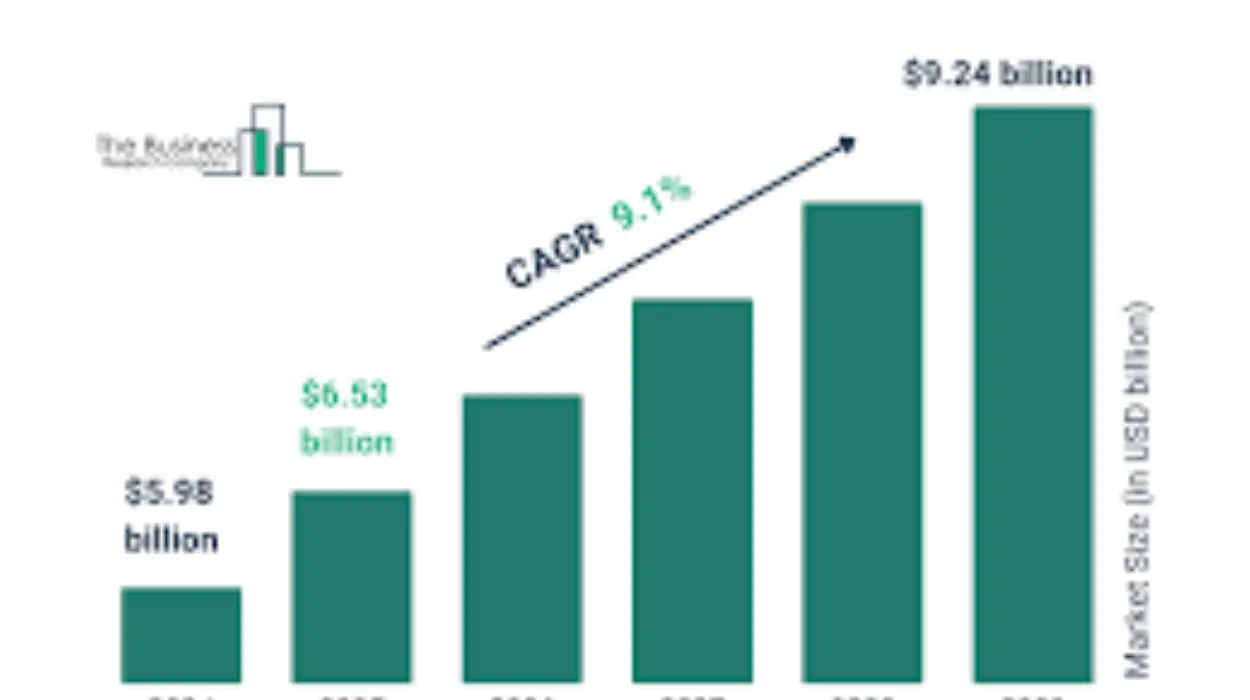
Collaboration Drives UK Circular Fashion Revolution: Key Insights from 2025 Industry Report
The UK fashion industry is undergoing a transformative shift toward circularity, driven by unprecedented collaboration across the entire value chain. A landmark 2025 report from the Circular Fashion Innovation Network (CFIN) reveals that collective action among brands, manufacturers, recyclers, and innovators is crucial to building a sustainable, circular fashion ecosystem in the UK by 2032. Representing 42% of UK clothing sales, CFIN’s network underscores that only through partnership and innovation can the sector tackle its environmental challenges and unlock new economic opportunities.
The Power of Collaboration in Circular Fashion
Industry-Wide Alignment and Scale
Over the past two years, CFIN has united more than 250 organizations spanning raw material suppliers, designers, manufacturers, retailers, recyclers, and waste processors. This unprecedented alignment enables the sector to address systemic barriers and scale circular business models (CBMs) effectively.
- The Circular Business Models Working Group alone represents businesses accounting for 42% of UK clothing sales by volume.
- The network’s collective efforts have culminated in the National Textile Recycling Infrastructure Plan, a strategic roadmap to build a robust recycling economy capable of handling the UK’s 1.3 million tonnes of post-consumer textiles annually.
Adam Mansell, CEO of the UK Fashion & Textile Association (UKFT), emphasized the significance of this collaboration:
“By bringing together every part of the supply chain, we are not just solving problems but creating new pathways for growth and sustainability that benefit the entire industry.”
National Textile Recycling Infrastructure Plan
This comprehensive plan targets four critical pillars to accelerate circularity:
- Developing advanced infrastructure for automated textile sorting, pre-processing, and fibre-to-fibre recycling.
- Investing in innovative technologies to drive automation and improve recycling efficiency.
- Building workforce skills to support emerging jobs in textile recycling and circular supply chains.
- Expanding market capacity to foster demand for recycled textile products.
Progress and Challenges in Circular Adoption
Growing Commitment Among Brands and Retailers
CFIN’s interim report shows encouraging progress:
- 81% of UK brands and retailers have integrated circularity into their five-year business strategies.
- 66% have implemented at least one circular initiative, with circular product design being the most common practice (80%).
- Circular design enables future reuse and recycling but must be paired with systemic changes to reduce overproduction and textile waste.
Collaborative Innovation in Action
Two flagship initiatives exemplify the power of collaboration:
- Repurpose: A circularity processing and innovation hub launched by Recomme, ACS Clothing, and UKFT, where brands send unwanted or damaged textiles for assessment and processing into repair, resale, rental, or recycling streams.
- Project Re:claim: A partnership with school uniform producer David Luke to design fully recyclable school blazers, including buttons and zips, showcased at London’s Design Museum.
These projects demonstrate how integrated solutions can scale recycling technologies and create closed-loop systems that benefit brands, consumers, and the environment.
Textile Recycling: Current Realities and Future Potential
Despite increased awareness, textile recycling remains limited:
- In 2022, the UK generated approximately 1.45 million tonnes of used textiles.
- Of the 650 kilotonnes diverted from landfill, only 34 kilotonnes were recycled domestically.
- Globally, recycled textiles constitute just 0.3% of raw materials used in fashion, with most recycled inputs coming from PET bottles rather than textile waste.
Scaling recycling requires coordinated infrastructure and market development, as exemplified by Repurpose and Project Re:claim’s integrated approaches.
UKRI Circular Fashion Programme: Driving Innovation and Scale
UK Research and Innovation (UKRI) is investing up to £4 million in demonstration projects focused on closed-loop recycling technologies and circular business models at industrial scale. This funding is part of a broader £15 million Circular Fashion Programme aimed at:
- Increasing the proportion of post-consumer fashion retained in closed loops.
- Boosting market value and demand for recycled textiles.
- Reducing landfill and exports of used textiles.
- Sharing best practices across industry and policymakers.
The Roadmap to a Circular Fashion Ecosystem by 2032
Launched in 2023 and co-chaired by UKFT and the British Fashion Council (BFC), CFIN’s vision is to establish a thriving circular fashion ecosystem within a decade. Its six strategic focus areas include:
- Recycling infrastructure and technology development.
- Sustainable manufacturing practices.
- Circular business model adoption.
- Novel material and process innovation.
- Workforce development and skills training.
- Green growth and market expansion.
The forthcoming collective roadmap, expected later in 2025, will provide detailed guidance for stakeholders to accelerate circularity with an innovation-led mindset.
The UK’s journey toward circular fashion is being propelled by unprecedented collaboration and innovation across the industry. As highlighted by the Circular Fashion Innovation Network’s 2025 report, collective action is essential to overcoming systemic challenges and scaling circular business models that reduce waste and environmental impact. With strong industry commitment, strategic infrastructure plans, and government-backed innovation funding, the UK is poised to become a global leader in sustainable fashion by 2032.





